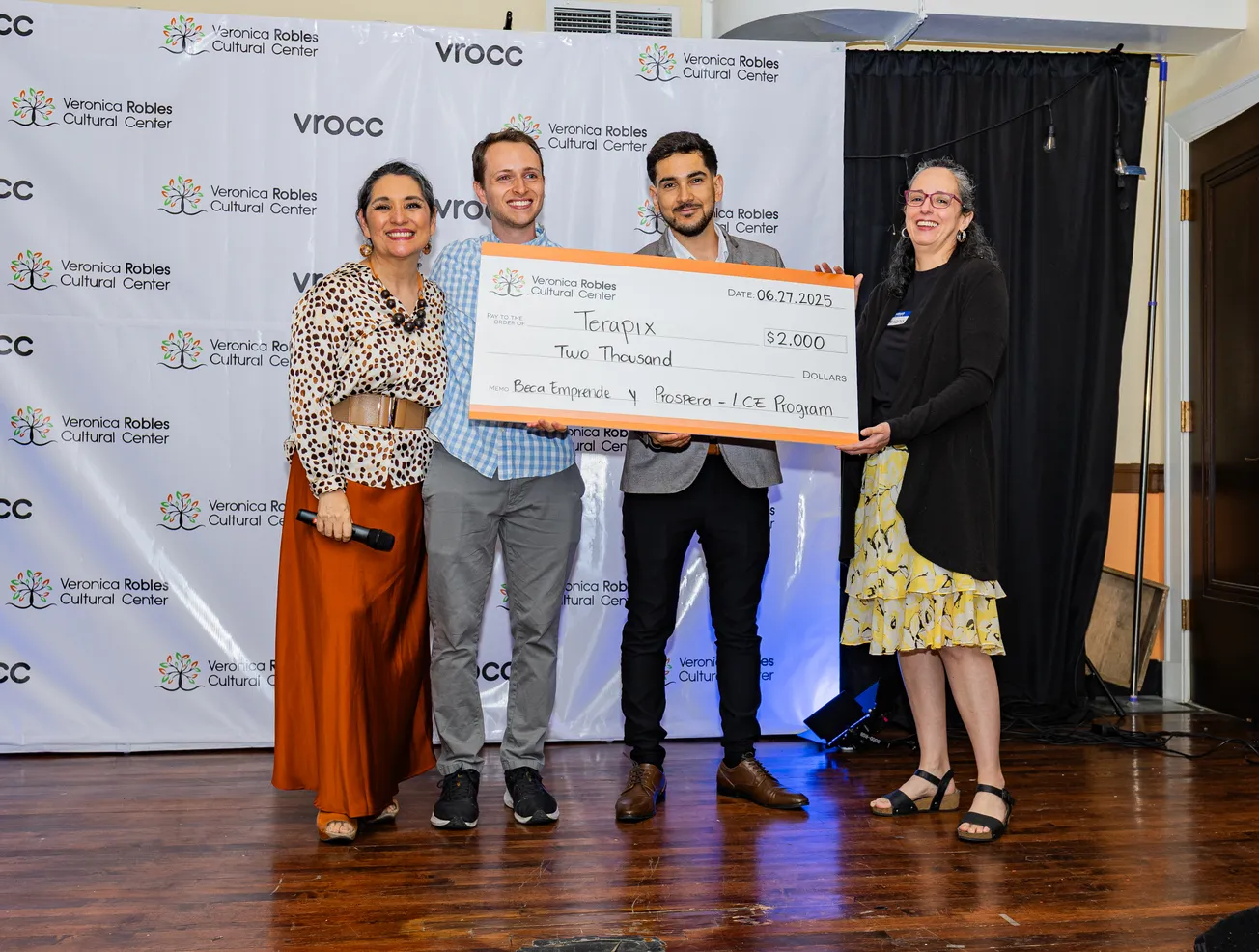By Kathy Cunningham, MEd, RD, LDN, senior program manager, Chronic Disease Prevention and Control Division, Boston Public Health Commission
Diabetes is a chronic disease marked by high levels of sugar in your blood. Most Americans who are diagnosed with diabetes have Type 2 diabetes, which has doubled in the United States in the past 20 years. A common myth about diabetes is that it only affects people later in life. However, national data show that 1 in 4 people do not know they have diabetes because they don’t know they are at risk and have never been tested.
Know the Risk Factors
The risk factors for diabetes can affect people at any age.
1. Being overweight or obese is a primary risk factor for diabetes, not just family history
2. The risk for women increases if they had diabetes during pregnancy, known as gestational diabetes, and gave birth to a baby weighing over nine pounds. Even if blood glucose (sugar) levels return to normal after delivery, these women are still at higher risk for developing diabetes
3. Finally, for people not getting enough physical activity on a daily basis, the risk for developing diabetes increases
It’s Not Too Late to Prevent Diabetes
Even simple lifestyle changes can make a difference in delaying or preventing the development of diabetes.
1. Calories count. Cut out or reduce intake of soda, juices, iced teas, and other sugar-sweetened drinks. Instead, switch to low-fat milk, water, or flavored seltzer water. Fruit drinks are mistakenly viewed as healthier alternatives to soda but are calorie-packed with little or no nutrients.
2. Daily physical activity. Get 30 minutes of exercise a day, and consider breaking this down to three 10-minute exercise breaks to make it easier. Ten minutes of walking in the morning, a brisk 10 minute walk at lunch time, and ten minutes of fast-paced walking in the evening. This adds up to 3 hours a week. Exercise improves insulin use and lowers blood glucose levels, which is important for preventing diabetes.
3. Vitamin D and calcium. Low intake of both calcium and vitamin D is linked to increased risk for Type 2 diabetes. Health officials advise getting 1,200 milligrams of calcium and 1,000 or more units of vitamin D each day. These supplements are reasonably priced and can be taken any time during the day.
4. Get enough «shut eye.» Lack of sleep or poor sleep can trigger insulin resistance for diabetes even in healthy people and increase the risk of Type 2 diabetes. Try going to bed one hour earlier, aiming for seven to eight hours of sleep a night. You will feel more alert, have more energy to be more physically active, and able to handle stress better, all of which help to reduce your risk for diabetes.
Get a Free Risk Assessment
The Boston Public Health Commission invites you to learn about risk factors, symptoms, common myths, and prevention tips at our next free community workshop. Diabetes: Defeating the «Sugar» Crisis will be held from 6:00 to 8:30 p.m. on Wednesday, November 18 at the Shelburne Community Center, 2730 Washington Street, Roxbury, MA 02119. Light dinner and childcare will be provided. To RSVP, please call 617-534-5690.
Don’t have time to squeeze in a workshop? No problem. The Commission is partnering with barbers and hair stylists across Roxbury, Mattapan, Dorchester, and Jamaica Plain to participate in our latest diabetes initiative:
A New DEAL – Defeating Diabetes through Educ





